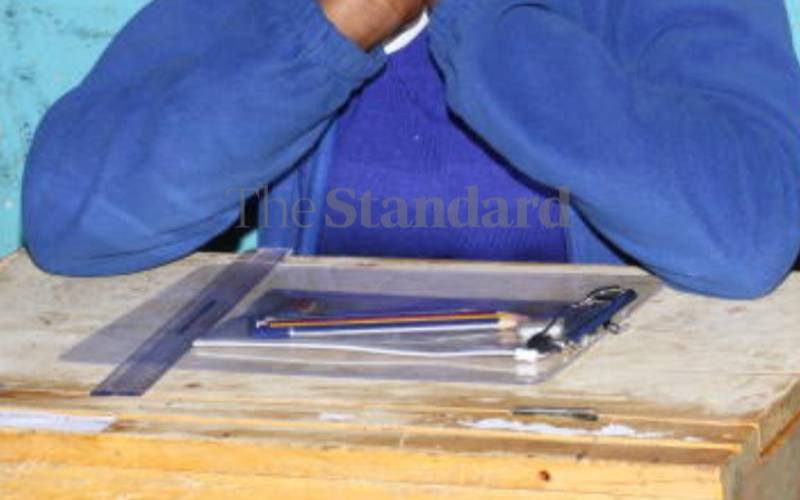×
The Standard e-Paper
Fearless, Trusted News

In life, few threads are as intricately woven as those of religion and exams. As we traverse the journey of life, exams, especially in our formative years, often take precedence, influencing our paths and defining our identities.